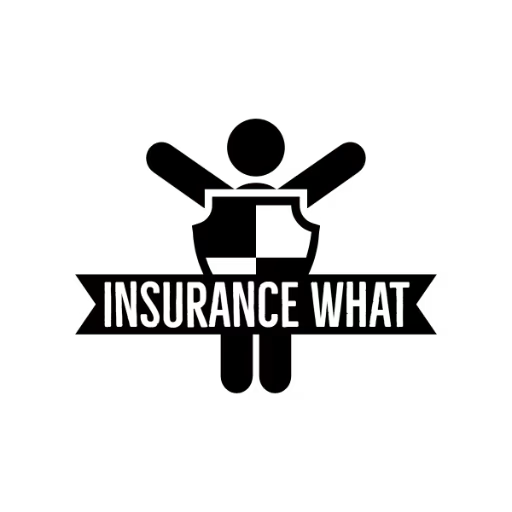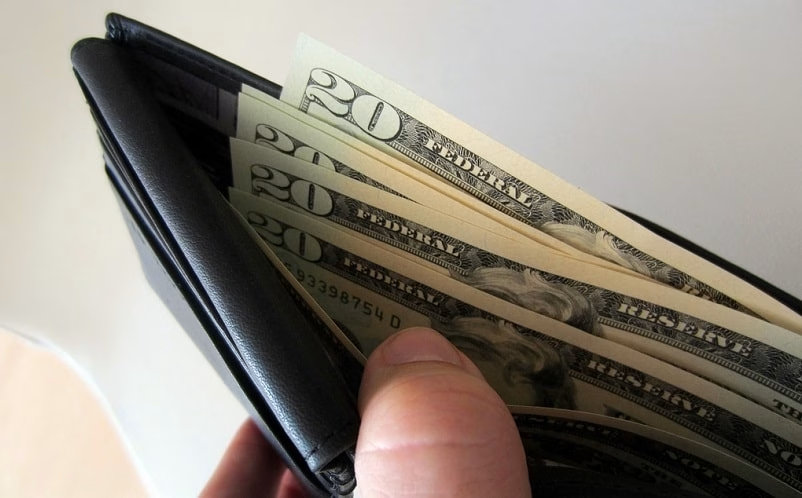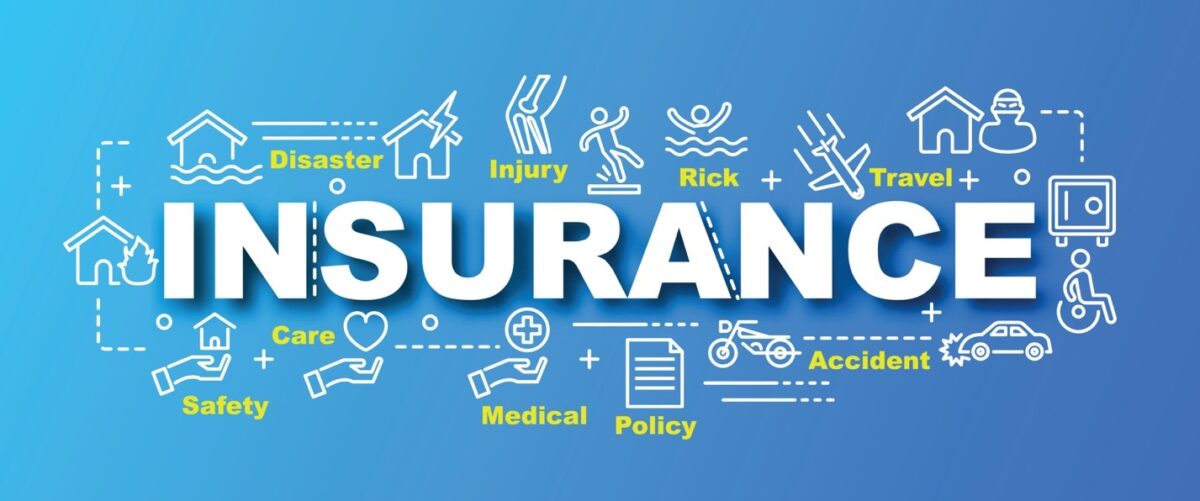Table of Contents
- Overview
- Strategies for Rapid Debt Repayment Worth Considering
- Rearranging Expense Posts
- Reduce Expenses
- Conducting Debt Recapitulation
- Use Savings
- Prioritize Paying Off High-Interest Debt
- Avoid Accumulating Debt to Pay Off Existing Debt
- Doing a Garage Sale
- Looking for Additional Income
- Storing Change
- Additional Funds Disbursement from Owned Assets
- Taking Over Credit
- Ask for Professional Help
- Conducting Mediation for Debt Settlement
- Utilize Bonuses and Tax Refunds
- Consider Utilizing a Financial Manager App
- The Conclusion
Overview
During sluggish economic conditions, it becomes essential to manage finances more intelligently. This includes reducing monthly expenses to prevent them from becoming bloated and straining financial stability.
Particularly when we are in debt and facing numerous expenses, it is crucial to think quickly and find a way out of this predicament. However, by approaching the situation with calm and wisdom, one can discover intelligent solutions to become debt-free.
How does it function? Consider these methods for paying off debt that you might implement.
Strategies for Rapid Debt Repayment Worth Considering

By implementing these strategies, you can effectively reduce your debt and work towards financial freedom.
Strategies for Rapid Debt Repayment Worth Considering No.1
InsuranceWhat.com
Rearranging Expense Posts
Effective financial management necessitates the creation of expenditure categories. This involves setting a budget for each type of expense. It’s important to categorize expenses into groups such as debts, necessities, wants, and other expenditures.
When in debt, it’s crucial to reevaluate your expenses. The current budget allocation may not be suitable under these circumstances. Prioritizing debts and necessities becomes essential. Therefore, it’s advisable to review and adjust your expense categories to better fit your financial situation.
Adjusting your budget to allocate a higher proportion of your income towards debt repayment can accelerate your escape from complex debt issues. For instance, if you currently spend about 50%-70% of your income on consumption and the remainder on debt payments, it would be wise to increase the amount dedicated to settling debts.
Strategies for Rapid Debt Repayment Worth Considering No.2
InsuranceWhat.com
Reduce Expenses
Building on the previous point, one method to reorganize finances is by cutting costs. This can be achieved by saving money and minimizing daily expenses.
To save money, consider relocating to a more affordable residence if your current rent is high. Opt for using towels or handkerchiefs instead of buying tissues to cut down on shopping expenses. Additionally, using public transport or cycling to work, preparing home-cooked meals, or cancelling subscription services like TV, Spotify, and Netflix can also lead to significant savings.
Strategies for Rapid Debt Repayment Worth Considering No.3
InsuranceWhat.com
Conducting Debt Recapitulation
The key to managing debt is awareness and understanding of your financial obligations. It’s essential to keep track of and summarize all outstanding debts.
This record contains the remaining balance of the debt each month, the applied interest rate, the duration or tenor of the debt, and the payment priority. Keeping track of all your debt details allows you to determine which one to settle first. Moreover, it provides clarity on the total amount of debt outstanding.
Strategies for Rapid Debt Repayment Worth Considering No.4
InsuranceWhat.com
Use Savings
Paying off debt in this manner can be challenging. It’s tough when you’ve been saving for something you desire, only to find that you cannot spend it because you need to settle your debts.
If your savings are sufficient to cover your debts, it’s advisable to use them to pay off the debts first. This approach allows you to settle your debts swiftly and become debt-free. Subsequently, you can resume saving for your future goals. Patience and determination are essential if you aim to clear your debts promptly.
Strategies for Rapid Debt Repayment Worth Considering No.5
InsuranceWhat.com
Prioritize Paying Off High-Interest Debt
Nearly all lending institutions apply interest rates to loans provided to borrowers. Each institution sets its own interest terms, which can vary significantly. Regardless of the interest rate percentage, it will inevitably impact your financial situation.
This method of debt repayment is useful when you have multiple debts with different interest rates. It is advisable to prioritize paying off the debt with the highest interest rate first, as this will reduce your financial burden in the long run.
Strategies for Rapid Debt Repayment Worth Considering No.6
InsuranceWhat.com
Avoid Accumulating Debt to Pay Off Existing Debt
Certainly, applying for a new loan can be a swift method to settle debts, especially when large funds are needed to cover obligations with impending due dates.

However, this is not a solution to being in debt. Rather than decreasing your debt, it increases. Continuing this pattern will make it impossible to break free from debt.
Strategies for Rapid Debt Repayment Worth Considering No.7
InsuranceWhat.com
Doing a Garage Sale
Indeed, the ‘extra’ waste in or around the house can be converted into money. This is possible through various means such as recycling old sheets and towels, selling printer ink cartridges, or trading in old technology for cash.
This implies that for additional income, you could organize and sell items such as clothing, household appliances, toys, and furniture in a garage sale. Naturally, the money earned from this sale could be utilized to settle outstanding debts.
Strategies for Rapid Debt Repayment Worth Considering No.8
InsuranceWhat.com
Looking for Additional Income
If your main job’s monthly salary isn’t sufficient to cover your debts, it may be time to seek additional sources of income. Remember, you have the option to monetize your skills for some extra earnings.
For instance, one could become a music tutor, take up swimming, or engage in painting. Alternatively, one might consider becoming an online motorcycle taxi driver, offering services as a translator or article writer, or delving into design and photography.
Besides offering this type of service, you can engage in simple businesses that don’t demand significant capital. These include selling clothes and food online, setting up a coffee shop in your yard, or conducting sales during the credit month.
Strategies for Rapid Debt Repayment Worth Considering No.9
InsuranceWhat.com
Storing Change
Consider finding an unused can to collect spare change from shopping. Accumulating and saving change can be an effective method to reduce debt, so it’s important not to overlook or undervalue this habit.
It’s simple; just gather all the spare change in a used can. Once you’ve collected enough, you can use it to pay off debts.
Strategies for Rapid Debt Repayment Worth Considering No.10
InsuranceWhat.com
Additional Funds Disbursement from Owned Assets
Paying attention to unused household items or property is perfectly fine. Selling or renting out these items can serve as an excellent alternative to generate income for debt repayment.
For instance, you could rent out electronics that are no longer in use, lease motorbikes or cars, or offer rooms and vacant spaces in your home.
Remember, if you’ve already purchased a plane ticket, concert ticket, or hotel reservation, you should consider canceling it. You may receive a refund, although a deduction might apply. It’s generally better than losing money entirely.
Strategies for Rapid Debt Repayment Worth Considering No.11
InsuranceWhat.com
Taking Over Credit
When you have assets used as collateral, you may consent to their sale to settle any outstanding debt or credit. For instance, if you have pledged your car as collateral to a bank and are unable to continue making payments, the bank is then authorized to sell the vehicle to recover the owed amount.
This can be achieved by you by agreeing to release your assets. But, keep in mind that this way of paying off debt has considerable risksRisk Risk is a loss that occurs to the insured individual or object. Various bad possibilities could happen to someone.. This means that you will lose your assets and cannot be returned to your hands.
Strategies for Rapid Debt Repayment Worth Considering No.12
InsuranceWhat.com
Ask for Professional Help
Seeking assistance from an experienced entity is one of the most effective methods to tackle a significant amount of debt. In essence, utilize the services of companies that specialize in debt management. Nonetheless, it is crucial to choose a debt management service that is registered with a reputable agencyAgent People who work and are tied to insurance companies to find and serve policyholders. Insurance company employees who are tasked with marketing products or serving prospective customers, starting from submitting the policy provisions to the contents of the policy agreement after becoming a policyholder..
This service offers several benefits, including assistance in negotiating with creditors for reduced interest rates on debt fines. It’s important to note that, in certain cases, the program may also help lower the total payment by freezing interest charges or penalties. Moreover, it can aid in managing debt by enabling monthly installment payments that align with your financial capacity.
Strategies for Rapid Debt Repayment Worth Considering No.13
InsuranceWhat.com
Conducting Mediation for Debt Settlement
Should a resolution with the lenders not be attainable, one may seek banking mediation by appointing Bank Indonesia as an impartial mediator.
As a neutral mediator, Bank will encourage and guide both creditors and debtors towards achieving a debt settlement. Naturally, the decision reached should be a win-win solution, representing the optimal course of action to be adopted.
Strategies for Rapid Debt Repayment Worth Considering No.14
InsuranceWhat.com
Utilize Bonuses and Tax Refunds
An effective method to reduce debt is to utilize any extra income, like work bonuses or tax refunds. For instance, allocating a work bonus—whether it’s an annual, performance, or any other type of bonus—towards debt repayment can greatly alleviate financial stress and decrease the amount of interest accrued.
Whenever you receive a tax refund, allocate this money towards debt repayment. Rather than spending it on non-essential items, use it to settle the most pressing debts or those with the highest interest rates.
Strategies for Rapid Debt Repayment Worth Considering No.15
InsuranceWhat.com
Consider Utilizing a Financial Manager App
Utilizing a financial management application is a wise and effective method for paying off debt. Such an app aids in monitoring your expenditures and simplifies the process of creating budgets and tracking debt repayment progress.
A financial management app enables automatic recording of all expenses. It allows you to categorize spending to track where your money goes and identify potential savings. Understanding your spending habits can help you reallocate funds towards paying off debts.

Numerous financial management applications offer payment reminder functions, which can assist in preventing late payments on debts. These reminders can be set for credit card bills, loans, or other obligations to ensure they are paid before the due date.
The Conclusion
Manage Finances Carefully
The methods mentioned above can assist you in paying off debt. If you persist and consistently apply these efforts, you are assured to liberate yourself from the burdensome debt.
It’s common for everyone to have some level of debt in their lives. To prevent debt from overwhelming you, it’s wise to manage your finances carefully and curb any tendencies towards unnecessary consumption. Hopefully, this advice proves beneficial!
Do you think you have other ideas about Debt-Free Living: Smart Strategies to Pay Off Accumulated Debt? You can comment and share your thoughts below, or discuss more in the InsuranceWhat Forum. Also, read more articles about GLOBAL INSURANCE or other interesting insurance topic articles only at InsuranceWhat.com.





